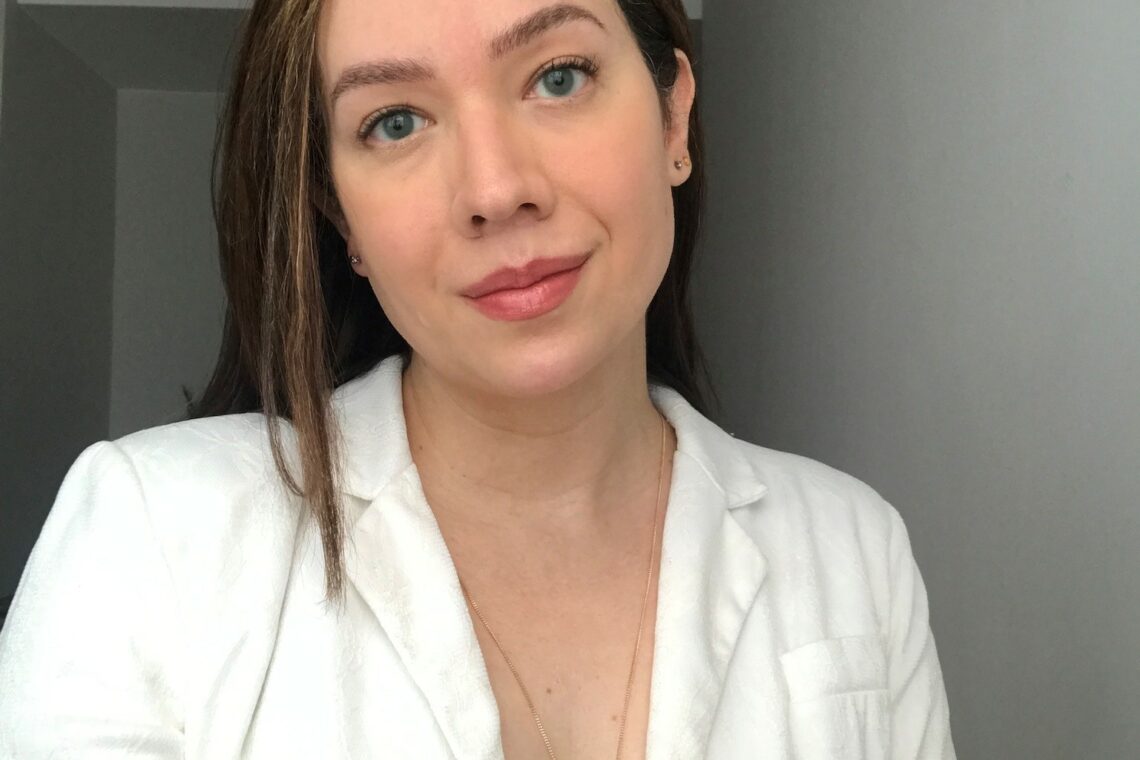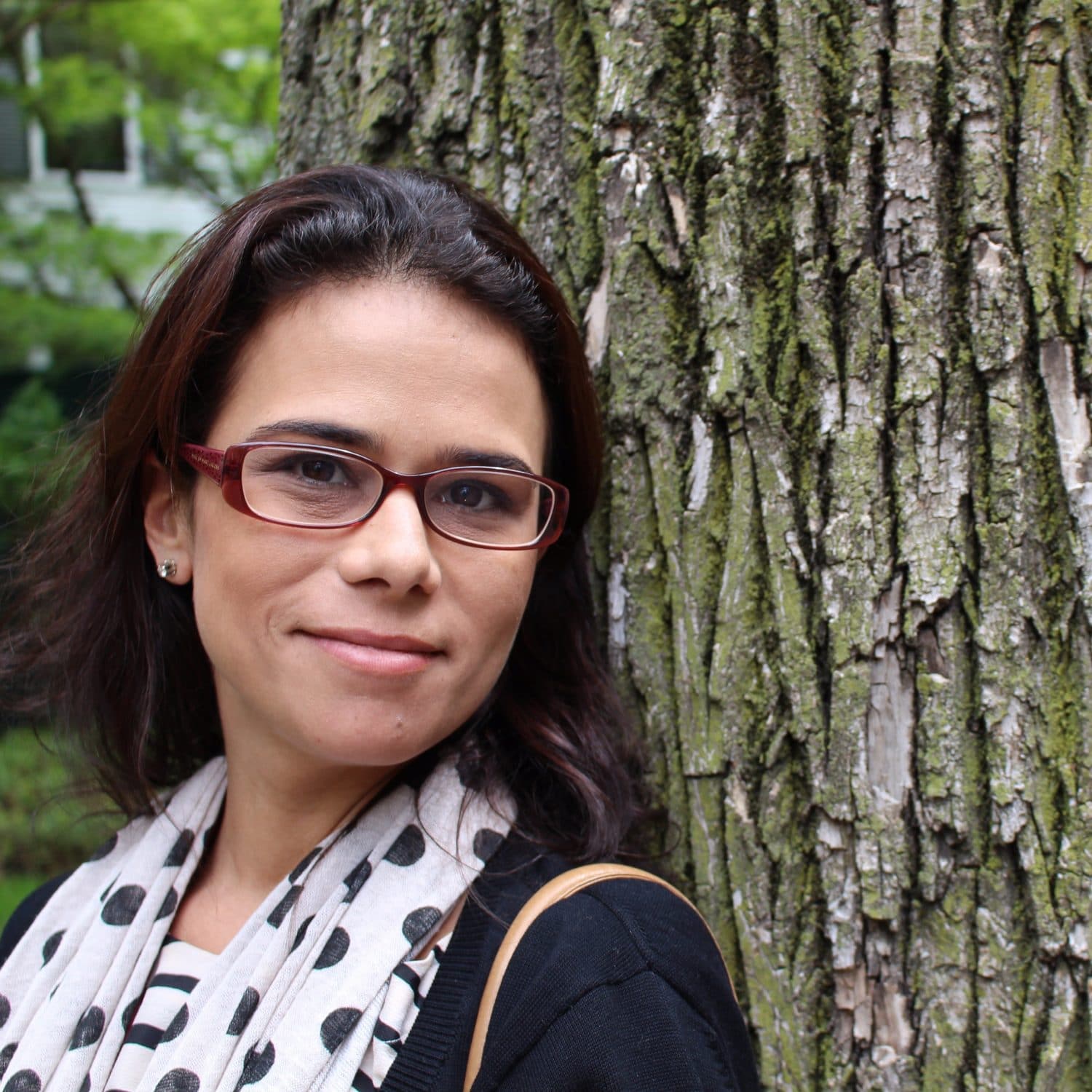Average students – part 1
Much is discussed about students with special needs and how to deal with them. Very little is said about teachers who have some kind of special need. I am going to tell you all a quick story. My story.
During most my school life, I was not a bad student, but I was not good either. I was, well, average. I was excellent once, in elementary school to be precise. I have fond recollections of having after-school classes with undergrad students in the afternoon, twice or three times a week. This used to be very common: a retired lady or an undergrad (yes, always women) helping kids in the afternoon with what they had studied at school, making sure they would study for exams. Most students did not have any sort of difficulties, they were just too lazy to study on their own – or so people said. Although I had never seen my sister taking this type of after-school lessons, I didn’t feel any different at the time.
Then middle and high school happened. My mother got divorced and struggled to make ends meet, and after-school programs were not an option anymore. I became the average student. Do you know that one student who needs summer school in order to be promoted to the next grade, who finds a couple of subjects difficult? I am sure you do. The one who is always talking during class, but who is not exactly a ‘problem student’ because they are likeable and do not have an attitude. The kind of student we usually do not worry about, after all, they are average, they manage.
When one starts high school here in Brazil, things get serious. There is a lot of pressure to excel and be able to pass Vestibular, the exam I had to take in order to gain access to university. And it was exactly in high school things started to get very difficult for me. I remember going to the library, taking books home, setting up a study routine, doing what I could in order to do well. Despite my efforts, all I managed was to be an average student. I was happy to be one of the popular kids but really, I secretly wanted to be one of the smart ones, and that hurt. In a twisted way, I came to believe that I needed to work harder, that I was unintelligent.
Fast-forward a couple of years, my psychologist suggested that I took some tests, had some checks, visited other doctors, and I did as I was told. The diagnosis came: Attention Deficit Disorder. All of a sudden I wasn’t stupid anymore.
At the time I received this diagnosis, I had gotten my BA and was working on a graduate degree. Having my difficulties labeled helped me understand that my shortcomings were not my fault and that the educational system had somehow failed me, not the contrary.
Have you paid attention to your average students lately?
This is the first part of an article in which I share some of my experiences with having a learning disability. There is more to come.





